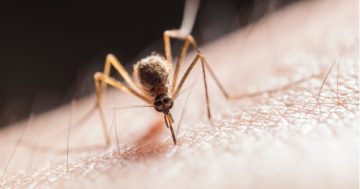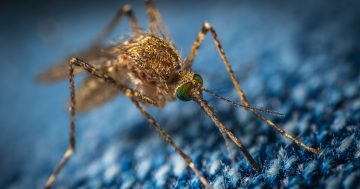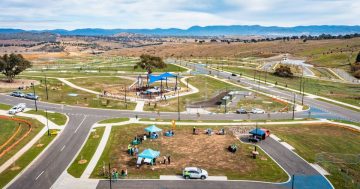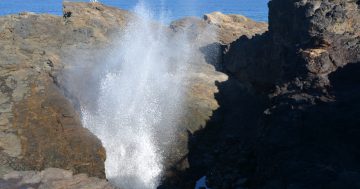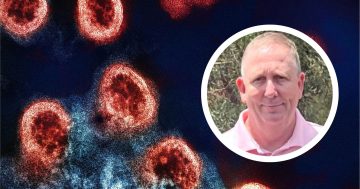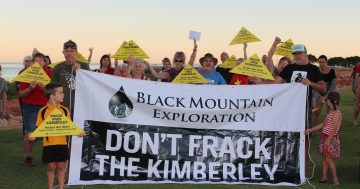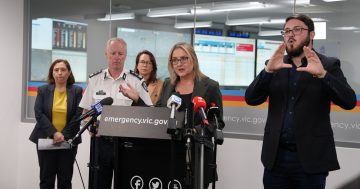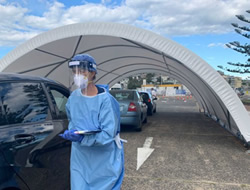 The Acting Chief Medical Officer has released information on the listing areas of COVID-19 local transmission as hotspots for the purpose of provision of Commonwealth support.
The Acting Chief Medical Officer has released information on the listing areas of COVID-19 local transmission as hotspots for the purpose of provision of Commonwealth support.
In a statement, Acting Chief Medical Officer, Paul Kelly said a process must be followed in order to achieve consistency in the determination of COVID-19 hotspots across States and Territories.
“Defining a hotspot is complex because of the multiple considerations of transmission dynamics and disease control effectiveness,” Professor Kelly said.
“Currently, States and Territories have a low threshold for listing a hotspot in either their own jurisdiction or another one, to enable early and effective action to detect potential cases and control disease,” he said.
“This might mean that States and Territories will not wait until there are multiple unlinked cases observed, rather they may act to list a hotspot where there is an individual case where the extent of community transmission is not fully understood.”
“This purpose at a local lever is different to identifying an area requiring Commonwealth support such as deployment from the National Medical Stockpile,” he said.
Professor Kelly said determining a Commonwealth assisted hotspot was a three stage process, beginning with an indicator number and assessment of cases.
“A trigger for consideration of a hotspot in a metropolitan area is the rolling three day average (average over three days) is 10 locally acquired cases per day,” he said.
“A trigger for consideration of a hotspot in a rural or regional area is the rolling three day average (average over three days) is three locally acquired cases per day.”
He said the Chief Medical Officer and Chief Health Officer in the affected jurisdiction had to agree on the determination of a hotspot and the area would then be listed on the Commonwealth health website and communicated to the public.
“Once and area is listed as a COVID-19 hotspot, individual States and Territories will apply their own risk assessments and use public health powers for appropriate action,” Professor Kelly said.


